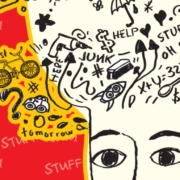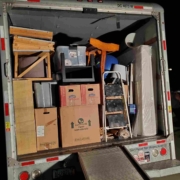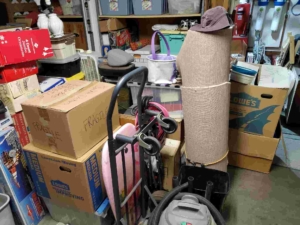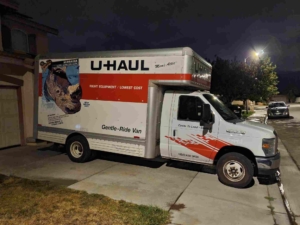Say It! Say What Bothers You and Let Go of Mental Clutter
Consistency is one theme I often write about. Because without consistent action, we lose progress toward our goals.
Say It… Immediately. Compassionately.
In today’s article, I want to encourage those of you who hold things in, to find ways to share your feelings. Consistently. Otherwise, you let your feelings fester too long and then you live with a double-whammy of negativity. Over time, you create chemical imbalances in your body that lead to illness, even cancer. Your behavior also negatively impacts relationships with those who matter to you.
Find ways to share your feelings in a constructive manner filled with compassion. I consider feedback a gift in our self-absorbed world. Don’t believe me? Look around when you’re in a public space. When we take time to figure out how to share our feelings and thoughts compassionately, we strengthen the building blocks of our relationships and live healthier lives.
Forget It. Let It Go.
I’ve been rereading parts of Neurologist, Lisa Genova’s recent book, which I reviewed a couple months ago, here: Remember – The Science of Memory and the Art of Forgetting.
In Chapter 11, titled, Fuggedaboutit, she writes how we can forget negative and emotionally charged memories. Her words can be especially helpful to people dealing with trauma.
Genova helped me to find a constructive way to let go of some of my own negative memories. While I tend to err on the side of positivity; meaning, I tend to easily let go of negative experiences. I choose not to hold on. Yet, there remain a couple areas in my life that surface now and then. Genova’s advice to stop thinking about and even retelling these experiences, helps us to let go. In doing so, we physically break the connections among our brain cells. Gone. Forgotten. We must stop giving those memories life in order to starve and kill off those neuronal connections in our brain.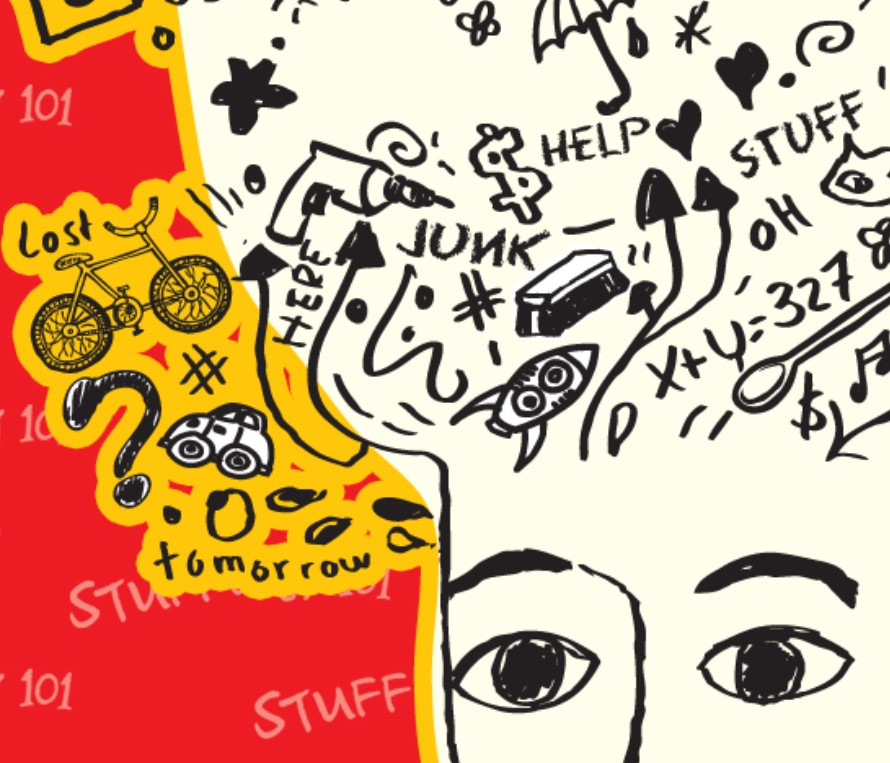
Release Mental Clutter
Consistently practicing both–sharing what bothers us immediately, and letting go of traumatic memories–helps us to release the mental clutter in our minds affecting our lives.
Doing so has made me realize one more thing. This involves physical clutter—my books. I’ll say it. Well, I’ll write about it here, at least.
Timeless Tomes of Knowledge? Not Really.
For years, I’ve saved “timeless treasured tomes” of knowledge. As I reread some of these books, they are no longer as timeless as I once believed. Even those books from leading thinkers who with marketing powerhouses have built massive followings. I’ve integrated some of their ideas into my life development.
It’s time to let them go. I continue to contribute my books to other readers. This way, I open up more physical and mental space to embrace newer ideas and ways of thinking.
There are times we don’t know what holds us back. In other words, we don’t know what we don’t know. Two ways to expand our ways of seeing are reading and having open-minded conversations with others. We humans are a fickle bunch—committed intermittently; and thus, our unpredictable results.
When we open the doors for dialog, we live healthier lives. Reading books and having conversations with others, will help us to find ways to express our thoughts constructively and compassionately as we take steps closer to our goals.
More ways to clear our mental clutter
- Clearing our weed-filled minds with What’s on Your Mind?
- Understanding the role emotion plays in our habits in this review of The Secret is in the Mental Codes.
- Experience solid growth, accept incremental gains by taking consistent steps toward your goal. This is where the magical-compounded results lie: The MAGIC of Incremental Improvement

